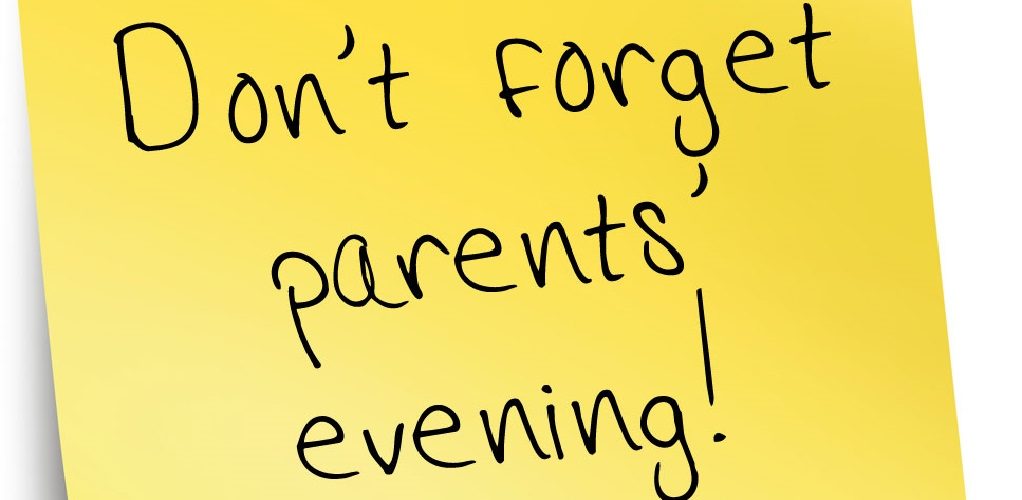History
The History department at Harris Academy Rainham embodies the school values of Belong, Believe, Become. We believe every student should feel they belong; building good relationships rooted in mutual respect, encouraging students' confidence to grow.
Further details of the curriculum can be found in the documents downloadable from the bottom of this page.
We endeavour to create outstanding historians who have a passion for the subject and we believe all students can fulfil their potential and aspire to be the best they can be.
HAR History department consistently strives to ensure that all students have access to an ambitious and rigorous curriculum being exposed to powerful knowledge across the curriculum to become well-rounded historians with the careful mapping of knowledge and skills.
The History curriculum at Harris Rainham has been carefully designed to ensure the following in all students in History:
- A strong sense of historical period, historical figures, trends, contexts and events engendered through access to powerful knowledge, enabling students to make connections across periods.
- A retention of substantive knowledge. This will be carefully achieved not only through pedagogical techniques such as low-stakes testing of key facts, but also through a carefully designed curriculum which develops students understanding of the depth and complexity of key historical first-order concepts such as ‘democracy’ or ‘power’ (i.e. students who are introduced to power and government, the ruling systems and emergence of early democracy in the Medieval period, will later look at the lack of democracy leading to the English Civil War and add further nuance by looking at protest groups such as the Chartists and women’s Suffrage in year 8. This will continue to be explored through the year 9 curriculum when exploring communism, capitalism and fascism.) At HAR our curriculum is underpinned by, but not limited to, the following first order concepts; religion and the church, power and government, gender, race, empire and economy. First order concepts are carefully mapped out across the curriculum, to ensure development and progression of students’ historical literacy as well as understanding.
- A disciplinary knowledge of History where students understand the subject specific language historians use and their disciplinary approach to the subject. Students will learn through historical enquiry and all enquiries underpinned with an explicit focus on a second order concept. This will enable students to discuss second order concepts such as causation or change over time and appreciate that by studying history, they are ‘joining communities of specialists’ and learning to ‘work like a historian’ by examining sources of evidence and become familiar with historical arguments (interpretations). The curriculum has been designed with rigour to emphasis powerful knowledge and give students a proper sense of period. Within the curriculum, the main arc of British history is stressed, whilst also providing students with a broad awareness of important European and global contexts.
This approach will ultimately ensure students develop and retain a rich, deep and wide knowledge of the past; and that their history education contributes to their possession of powerful knowledge that welcomes them into the academic discipline of History but also helps makes them ‘culturally literate’.
At HAR we do not believe that local history is in addition to the curriculum but that it plays a key part in the narrative of history and therefore is weaved into our curriculum across all topics/units where appropriate and explored throughout. Micro narratives of local history will be used to act as a lens on broader historical themes and developments.
Re-examining narratives
A key aim of the HAR history curriculum is to challenge and re-examine traditional historical narratives and ensure the opportunity to learn other histories other than the traditional canon within British history education. The HAR history curriculum is therefore a vehicle to social justice and promotes the common values of diversity, tolerance, equality and democracy. The curriculum has been carefully planned to ensure that these themes are developed within a rigorous historical context. 'Meanwhile, Elsewhere' homework tasks enable students to access a richer and more diverse understanding outside of lessons whilst securing their understanding of the narrative.
The curriculum provides opportunities to study histories that present as both representative, and diverse for each student. Their history education will provide HAR students with the contextual understanding to be prepared for ‘participation in a modern, democratic society’, whilst also meaning that they ‘move beyond their own experience’ and challenge what they know through the examination of historical evidence and interpretations.
This will also prepare students to communicate and debate effectively in a variety of ways, primarily verbally and by being able to write longer written answers that evaluate, judge and argue key historical issues. Our subject specialist team will consistently and regularly review what is being taught. Department meetings will be dedicated to the discussion of the curriculum: not only what is being taught but also how – the historical pedagogy.


















